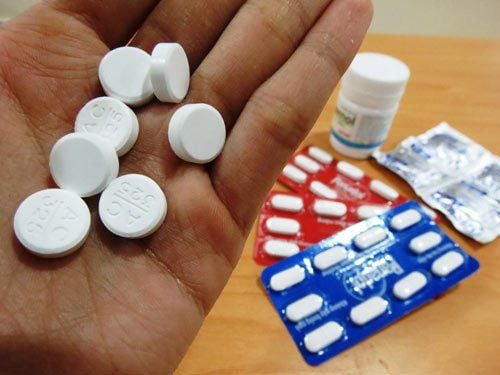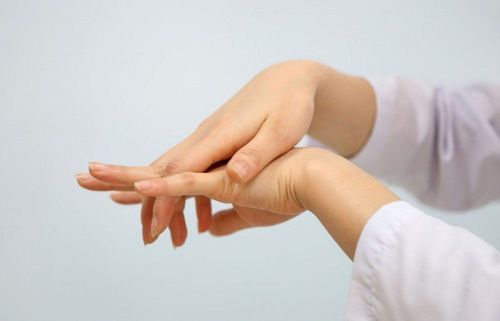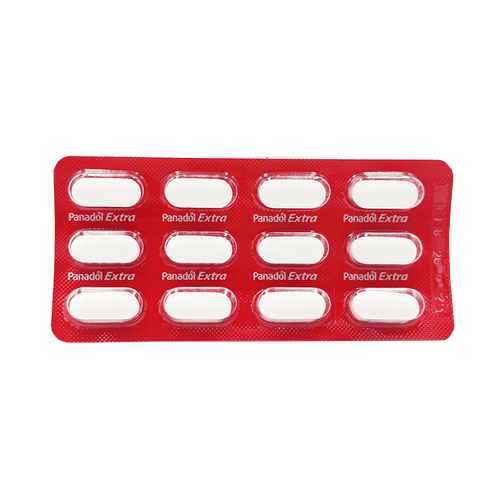Written by Master, Doctor Mai Vien Phuong - Department of Examination & Internal Medicine - Vinmec Central Park International General Hospital
Hand twitching is a common phenomenon, which can only occur for a few moments, but can also last longer. So what causes hand twitching?
1. Hand twitching
Muscle spasms or involuntary muscle twitching can occur at any time and occur anywhere on the body, including the hands. Although these spasms usually only occur for a few moments, they can also last for several minutes or hours.
Symptoms of hand twitching include:
- Uncontrolled movements
- Pain
- Burning or tingling in the fingers
- Numbness in the hands
Seizures are common and usually have no cause for concern. However, seizures can also be a symptom of a disease.
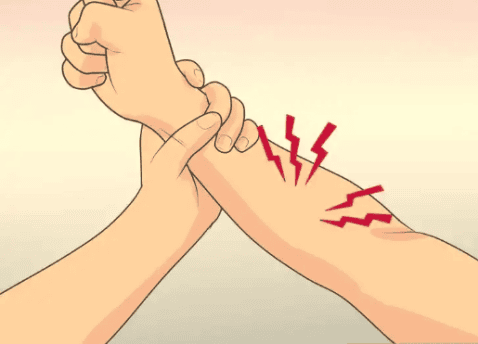
2. Causes of hand twitching
- Caffeine
Consuming too much caffeine can cause twitching in your body, including your hands. Caffeine contains stimulants that can cause muscle spasms.
If you notice your hands starting to twitch after your morning coffee or energy drink, consider switching to other caffeine-free beverages.
- Dehydration
Dehydration affects muscle function. Not drinking enough water can cause your muscles to cramp and can also cause involuntary muscle spasms. If you are dehydrated, you may also experience symptoms such as headaches, dry skin, bad breath, chills, fatigue, etc.
- Muscle cramps
Muscle cramps are often caused by overexertion and overexertion. This can cause your muscles to tense or contract, leading to twitching and sometimes pain. Muscle cramps are common in the arms, hamstrings, and quadriceps.
- Carpal Tunnel Syndrome
Symptoms of carpal tunnel syndrome will get worse over time if not treated properly. If diagnosed early, doctors will usually recommend nonsurgical options such as splinting or medication. In more severe cases, surgery may be necessary.
- Dystonia Syndrome
Dystonia is a condition that causes repetitive, involuntary muscle contractions. It can affect the entire body or just one part, such as the hand. The contractions can range from mild to severe, and they can cause complications such as pain, fatigue, dysphagia, dysarthria, physical disability, ...
There is no cure for dystonia, but medical treatment and prescription medications can improve symptoms and quality of life.
- Huntington's Disease
Huntington's disease causes progressive degeneration of nerve cells in your brain. It can cause movement and cognitive disorders. Common symptoms of Huntington's disease include
- Muscle spasms
- Involuntary jerking or jerking
- Poor balance
- Difficulty speaking
- Limited mobility
- Learning disabilities
Currently, Huntington's disease has no cure. However, prescribed therapy and medical treatment can help improve your quality of life.
3. When should I see a doctor?
If your hand twitching gets worse and is accompanied by the following symptoms, see your doctor immediately:
- Weakness in your hand
- Numbness or loss of feeling
- Persistent pain
- Joint swelling
- Seizures that spread to your arm
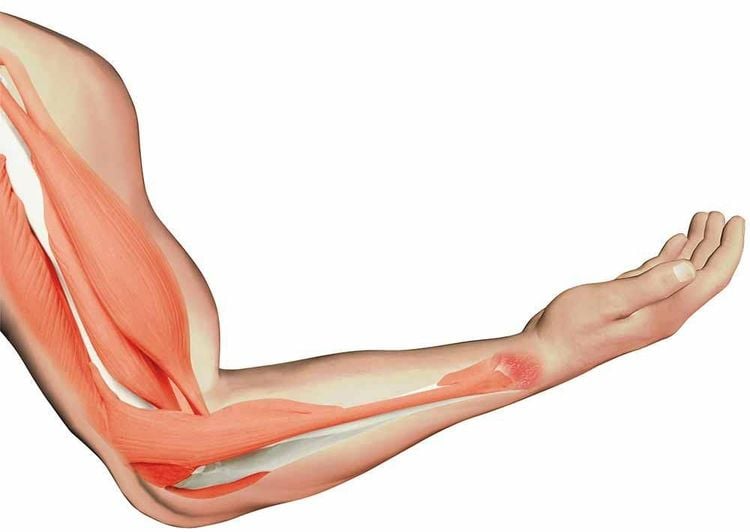
4. Causes of thumb tremors
Thumb tremor is usually a temporary response to stress or muscle twitching, and is usually nothing to worry about.
However, if a thumb tremor is a medical condition, it will often be accompanied by other symptoms. Here are some possible causes of thumb tremor:
Genetics
If one of your family members has a gene mutation that causes essential tremor, you are more likely to develop it later in life.
Repetitive strain injury (RSI)
Repeating the same motions - like playing video games or typing - can damage the muscles, nerves, tendons, and ligaments in your hands.
Stress
Shakes can be a sign that you are under a lot of stress. Strong emotions can make your body tense or feel restless.
Fatigue
Not only does lack of sleep cause fatigue and irritability, lack of sleep can also lead to hand tremors. Sleep has a direct effect on your nervous system.
Caffeine and other stimulants
Too much caffeine can also cause tremors. In particular, tremors can be a side effect of stimulants called amphetamines. These drugs are used to treat conditions such as attention-deficit/hyperactivity disorder (ADHD) and to help with weight loss.
Medications
Shaking in your hands or other parts of your body can be a side effect of the medications you take. Some medications cause tremors because of their effects on your nervous system and muscles, including:
- Antipsychotics
- Asthma bronchodilators
- Antidepressants
- Bipolar disorder medications
Hand tremors are relatively common and usually go away without medical treatment. However, persistent and painful tremors can be a sign of a more serious problem. If you feel your symptoms are getting worse, see your doctor right away.
To arrange an appointment, please call HOTLINE or make your reservation directly HERE. You may also download the MyVinmec app to schedule appointments faster and manage your reservations more conveniently.
References:
- Involuntary movements. (n.d.).stanfordmedicine25.stanford.edu/the25/im.html
- Jennings CD, et al. (2016). Carpal tunnel syndrome.orthoinfo.aaos.org/en/diseases--conditions/carpal-tunnel-syndrome/





